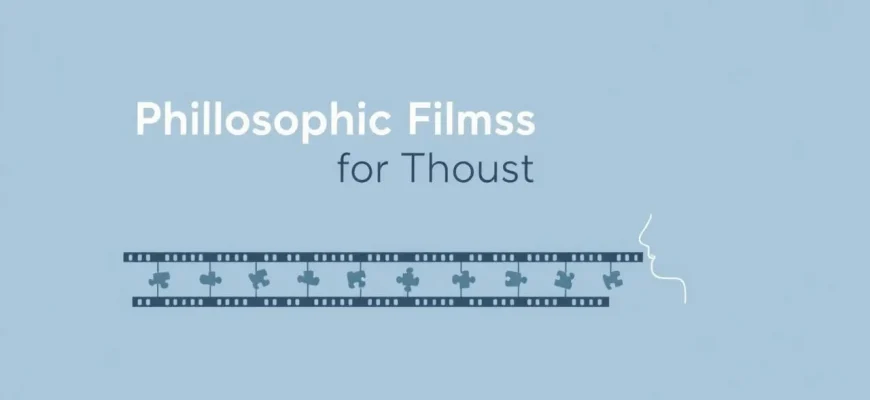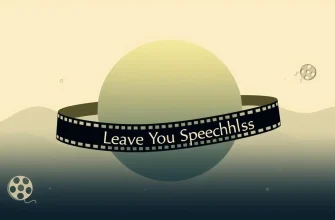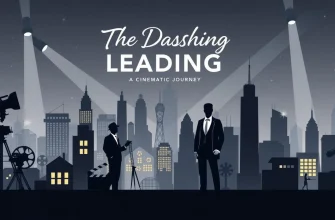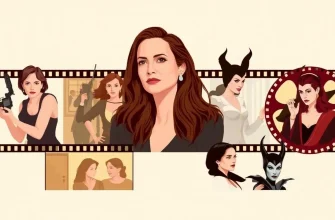This curated list of 10 aesthetically philosophical films invites viewers to delve into profound questions about life, existence, and the human condition. Each film in this collection not only provides visual and narrative beauty but also stimulates intellectual and emotional introspection, making them invaluable for those who seek to expand their philosophical horizons through cinema.

The Seventh Seal (1957)
Description: A knight plays chess with Death to postpone his demise, symbolizing the human struggle with mortality and the search for meaning in life.
Fact: The film's iconic chess scene was inspired by a medieval fresco in Täby Church, Sweden.
 Watch Now
Watch Now 
2001: A Space Odyssey (1968)
Description: Stanley Kubrick's masterpiece explores human evolution, artificial intelligence, and the potential for extraterrestrial life, all through a visually stunning narrative.
Fact: The film was so technically advanced that it took over four years to complete, and it was one of the first films to use front projection for special effects.
 Watch Now
Watch Now 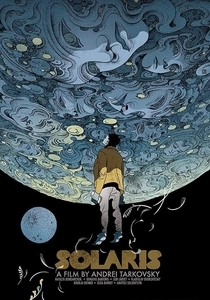
Solaris (1972)
Description: A psychological exploration of human consciousness and the nature of reality, as a psychologist investigates strange phenomena on a space station orbiting the planet Solaris.
Fact: The film was remade in 2002 by Steven Soderbergh, but Tarkovsky's version remains the more celebrated for its philosophical depth.
 Watch Now
Watch Now 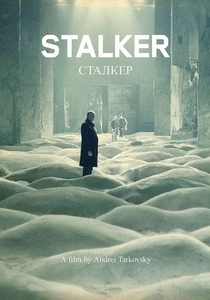
Stalker (1979)
Description: A journey into the Zone, a mysterious and forbidden area, where a guide leads two men to find answers to their deepest desires, reflecting on human nature and the search for meaning.
Fact: The film was shot in Estonia, and the Zone was inspired by the Chernobyl Exclusion Zone, although the film was made before the disaster.
 Watch Now
Watch Now 
The Double Life of Veronique (1991)
Description: This film examines themes of identity, duality, and the interconnectedness of human lives through the parallel lives of two women who share a mysterious bond.
Fact: The film was shot in both Poland and France, reflecting the dual nature of the story.
 Watch Now
Watch Now 
The Matrix (1999)
Description: This film raises questions about reality, free will, and the nature of consciousness, challenging viewers to consider what is real and what is simulated.
Fact: The Wachowskis developed the concept of the Matrix after reading "Simulacra and Simulation" by Jean Baudrillard.
 Watch Now
Watch Now 
Waking Life (2001)
Description: Through a series of animated philosophical discussions, this film explores existential themes, the nature of reality, and the concept of free will.
Fact: The film uses rotoscoping, where live-action footage is traced over to create an animated effect, giving it a dream-like quality.
 Watch Now
Watch Now 
Eternal Sunshine of the Spotless Mind (2004)
Description: This film delves into memory, identity, and the ethics of erasing painful experiences, offering a poignant exploration of love and loss.
Fact: The screenplay was inspired by a conversation between writer Charlie Kaufman and director Michel Gondry about their own breakups.
 Watch Now
Watch Now 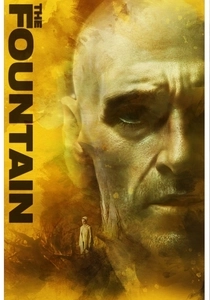
The Fountain (2006)
Description: Spanning three different time periods, this film intertwines stories of love, loss, and the quest for immortality, exploring themes of time, life, and death.
Fact: The film was a passion project for director Darren Aronofsky, who spent over a decade developing the script.
 Watch Now
Watch Now 
The Tree of Life (2011)
Description: This film explores the themes of nature versus grace, the meaning of life, and the interconnectedness of all things, making it a quintessential philosophical journey through time and space.
Fact: The film was inspired by director Terrence Malick's own childhood memories, and it features a 22-minute sequence depicting the creation of the universe.
 Watch Now
Watch Now 
